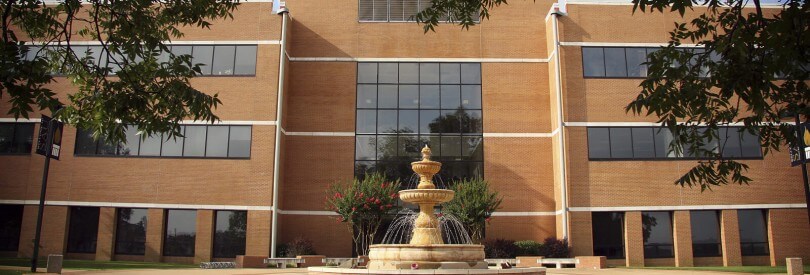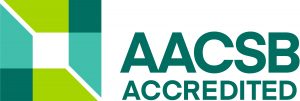
MBA with Social Entrepreneurship Emphasis Program Requirements (36 Hours)
Core Courses (24 Hours)
• ACCT 6003 – Accounting for Decision Making
• ECON 6003 – Managerial Economics
• FIN 6003 – Managerial Finance
• MGMT 6003 – Strategic Planning & Analysis
• MGMT 6013 – Human Behavior in Organizations
• MGMT 6043 – Business Analytics
• MKTG 6023 – Strategic Marketing
• SCM 6003 – Enterprise Resource Planning
Social Entrepreneurship Emphasis Courses (12 Hours)
• SE 6263 – Social Entrepreneurship
• SE 6113 or SE 6983 – Professional Project or Field Experience
Select 6 hours from the following:
SE 6013 – Project Management
SE 6033 – Creativity, Innovation, & Entrepreneurship
SE 6043 – Environmental Economics
SE 6053 – International Business
SE 6063 – Special Topics in Social Entrepreneurship
SE 6133 – Nonprofit Organizations
SE 6143 – Sustainable Supply Chain Management Practices
SE 6253 – Civic Engagement in Public Administration
SE 6273 – Grant Writing & Implementation
MGMT 6101 / MGMT 6102 – International Studies & Field Experience
Admission requirements
• GRE/GMAT: Not required for the MBA with Social Entrepreneurship Emphasis.
• Degree: Bachelor’s degree from an accredited institution.
• Prereqs for non-business majors (or equivalent undergraduate prep): 3 hrs finance, statistics, marketing, and management/organizational behavior (junior-level or above); 3 hrs microeconomics.
• GPA: Applicants must meet the School of Graduate Studies GPA standard for the MBA.
Additional Pathways
4+1 option for eligible SAU undergraduates—including BBA and BBS Engineering students—to earn the BBA/BBS + MBA in approximately five years.
| Department: | |
| Hours Required: | 36 (24 core + 12 emphasis) |
| Categories: | Graduate |
| Completion Time: | 2 years * |
| Delivery: | Hybrid, On-Campus, Online |
* Based on 2 classes per semester including summer
About the program
The SAU MBA with Social Entrepreneurship Emphasis is designed for professionals seeking to drive social impact through innovative business strategies. Offered by the AACSB-accredited David F. Rankin College of Business, the program equips students with practical skills in finance, strategy, analytics, marketing, operations, and social entrepreneurship. Courses are offered online, on campus in evenings, or in a hybrid format to accommodate working professionals. The 36-hour curriculum (24 hours core + 12 hours emphasis) prepares graduates to lead mission-driven organizations and socially responsible initiatives.
Three key selling points about the program
- AACSB-accredited business school (reaffirmed 2025)
- Flexible format — online, on-campus evenings, or hybrid
- Social entrepreneurship focus — graduates gain practical skills in leading mission-driven organizations and initiatives (e.g., microfinance programs, fair-trade ventures, renewable energy co-ops)
Career outlook
Graduates step into leadership roles in nonprofit organizations, social enterprises, consulting, civic engagement, and mission-driven businesses. The emphasis equips professionals to implement innovative strategies and drive social impact effectively.
Learning Goals
- MBA students will be effective communicators, using information technology to enhance decision making through better communication.
- MBA students are prepared to be socially responsible, effective business leaders with an awareness of cultural and diversity issues and the ability to make ethical decisions.
- MBA students will be critical thinkers who are able to use concepts from strategic management to integrate relevant information, decision-making techniques, and concepts from multiple business disciplines to make decisions in new or unfamiliar circumstances.
- MBA students can effectively and legally access and use information to prepare an effective written report that supports decision making.
- MBA students will be competent in the business discipline.


